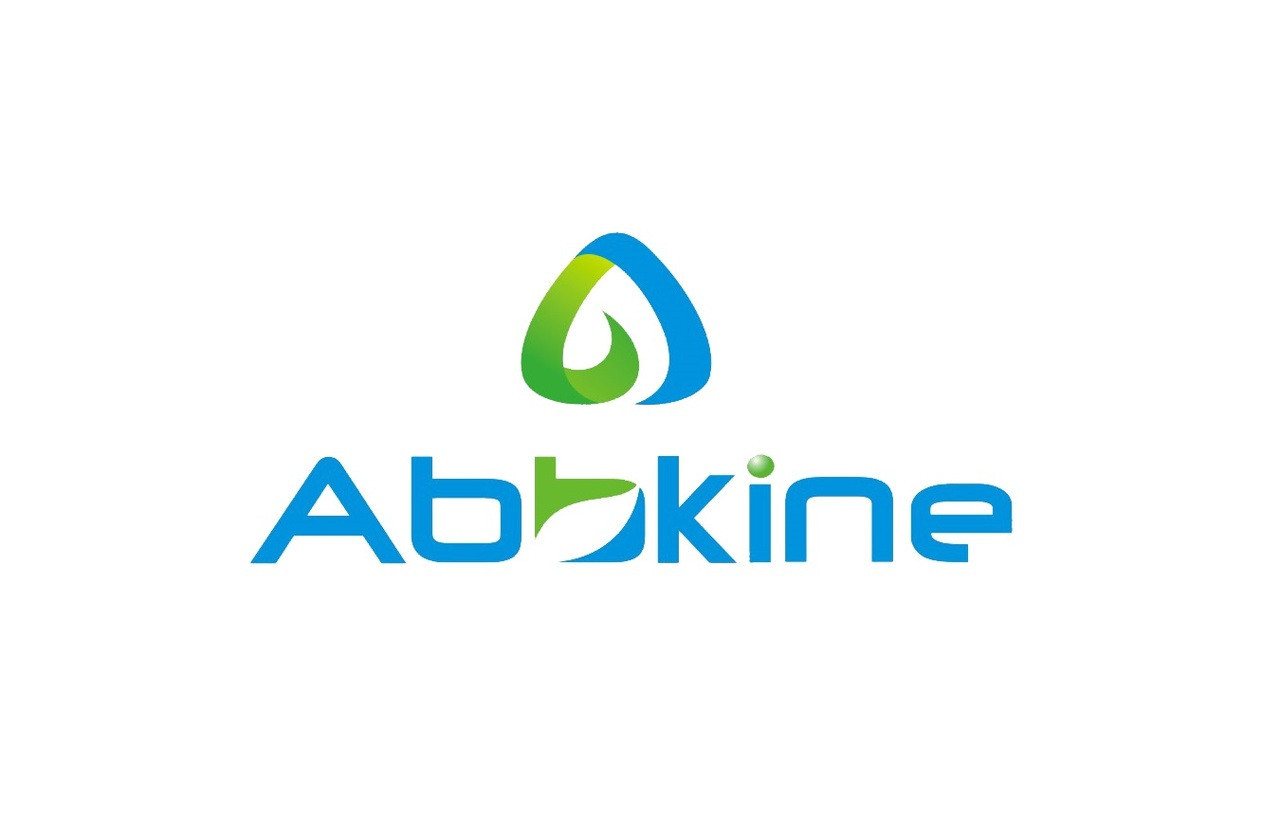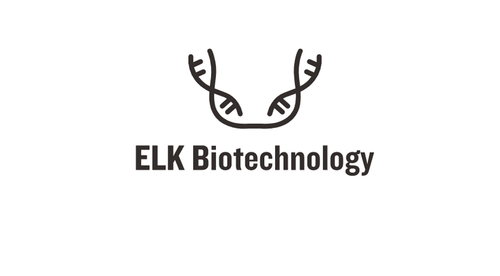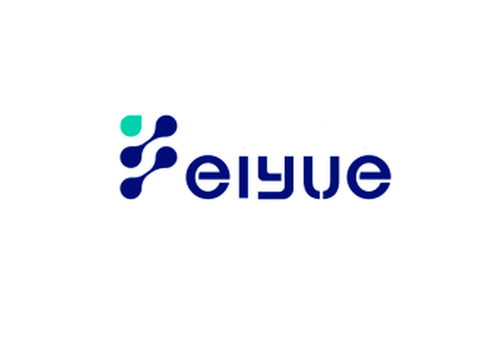Product Description
Mouse Serglycin (SRGN) ELISA Kit | KTE70254 | Abbkine
Application: This Mouse Serglycin (SRGN) ELISA Kit employs a two-site sandwich ELISA to quantitate SRGN in samples. An antibody specific for SRGN has been pre-coated onto a microplate. Standards and samples are pipetted into the wells and anySRGN present is bound by the immobilized antibody. After removing any unbound substances, a biotin-conjugated antibody specific for SRGN is added to the wells. After washing, Streptavidin conjugated Horseradish Peroxidase (HRP) is added to the wells. Following a wash to remove any unbound avidin-enzyme reagent, a substrate solution is added to the wells and color develops in proportion to the amount of SRGN bound in the initial step. The color development is stopped and the intensity of the color is measured.
Detection Method: Colorimetric
Conjugate: N/A
Sample Type: Cell culture supernatants#Serum#Plasma#Other biological fluids
Assay Type: Multiple steps standard sandwich ELISA assay with a working time of 3-5 hours. It depends on the experience of the operation person.
Kit Component: • Mouse Serglycin microplate
• Mouse Serglycin standard
• Mouse Serglycin detect antibody
• Streptavidin-HRP
• Standard diluent
• Assay buffer
• HRP substrate
• Stop solution
• Wash buffer
• Plate covers
Features & Benefits: Mouse Serglycin (SRGN) ELISA Kit has high sensitivity and excellent specificity for detection of Mouse SRGN. No significant cross-reactivity or interference between Mouse SRGN and analogues was observed.
Calibration Range: Please inquire
Limit Of Detection: Please inquire
Usage Note: • Do not mix components from different kit lots or use reagents beyond the kit expiration date.
• Allow all reagents to warm to room temperature for at least 30 minutes before opening.
• Pre-rinse the pipet tip with reagent, use fresh pipet tips for each sample, standard and reagent to avoid contamination.
• Unused wells must be kept desiccated at 4 °C in the sealed bag provided.
• Mix Thoroughly is very important for the result. It is recommended using low frequency oscillator or slight hand shaking every 10 minutes.
• It is recommended that all samples and standards be assayed in duplicate or triplicate.
Storage Instruction: The unopened kit should be stored at 2 - 8°C. After opening, please store refer to protocols.
Shipping: Gel pack with blue ice.
Precaution The product listed herein is for research use only and is not intended for use in human or clinical diagnosis. Suggested applications of our products are not recommendations to use our products in violation of any patent or as a license. We cannot be responsible for patent infringements or other violations that may occur with the use of this product.
Background: Serglycin is a protein best known as a hematopoietic cell granule proteoglycan. Proteoglycans stored in the secretory granules of many hematopoietic cells also contain a protease-resistant peptide core, which may be important for neutralizing hydrolytic enzymes. This encoded protein was found to be associated with the macromolecular complex of granzymes and perforin, which may serve as a mediator of granule-mediated apoptosis.Serglycin plays a role in formation of mast cell secretory granules and mediates storage of various compounds in secretory vesicles. Required for storage of some proteases in both connective tissue and mucosal mast cells and for storage of granzyme B in T lymphocytes. Plays a role in localizing neutrophil elastase in azurophil granules of neutrophils. Mediates processing of MMP2.
Alternative Names: SRGN; FLJ12930; MGC9289; PPG; PRG; PRG1; hematopoetic proteoglycan core peptide; platelet proteoglycan protein core; proteoglycan 1; secretory granule; proteoglycan protein core for mast cell secretory granu
Search name: SRGN; FLJ12930; MGC9289; PPG; PRG; PRG1; hematopoetic proteoglycan core peptide; platelet proteoglycan protein core; proteoglycan 1; secretory granule; proteoglycan protein core for mast cell secretory granu
Tag: SRGN
 Euro
Euro
 USD
USD
 British Pound
British Pound
 NULL
NULL












